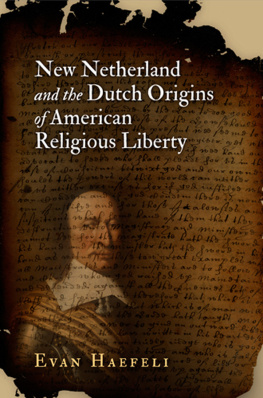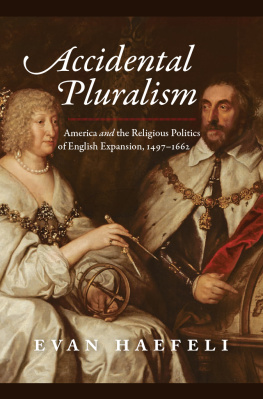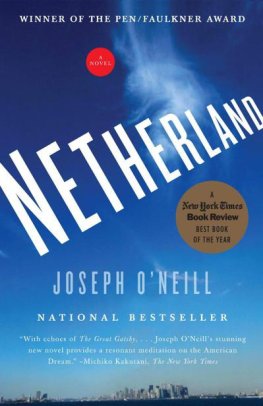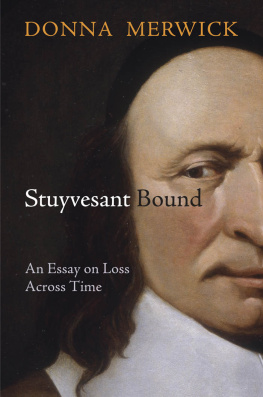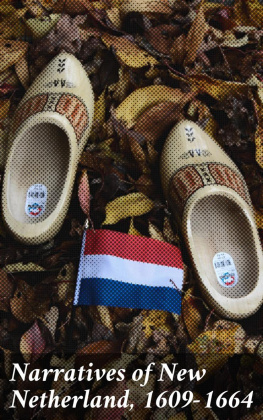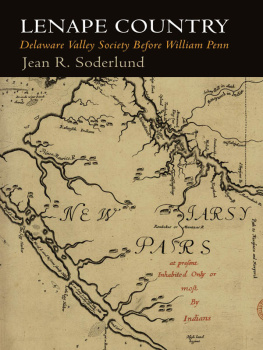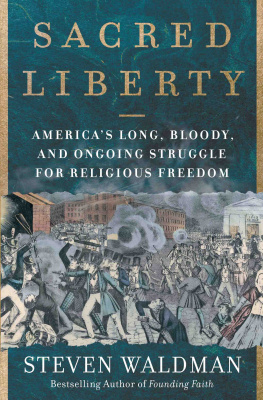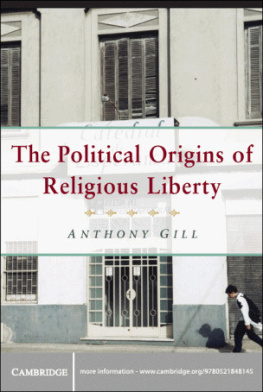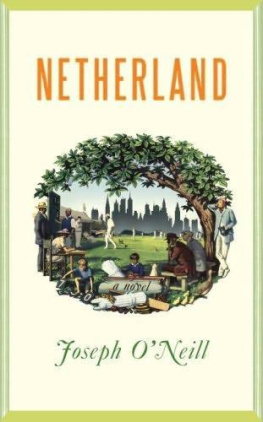Evan Haefeli - New Netherland and the Dutch Origins of American Religious Liberty
Here you can read online Evan Haefeli - New Netherland and the Dutch Origins of American Religious Liberty full text of the book (entire story) in english for free. Download pdf and epub, get meaning, cover and reviews about this ebook. year: 2012, publisher: University of Pennsylvania Press, genre: Politics. Description of the work, (preface) as well as reviews are available. Best literature library LitArk.com created for fans of good reading and offers a wide selection of genres:
Romance novel
Science fiction
Adventure
Detective
Science
History
Home and family
Prose
Art
Politics
Computer
Non-fiction
Religion
Business
Children
Humor
Choose a favorite category and find really read worthwhile books. Enjoy immersion in the world of imagination, feel the emotions of the characters or learn something new for yourself, make an fascinating discovery.
- Book:New Netherland and the Dutch Origins of American Religious Liberty
- Author:
- Publisher:University of Pennsylvania Press
- Genre:
- Year:2012
- Rating:5 / 5
- Favourites:Add to favourites
- Your mark:
New Netherland and the Dutch Origins of American Religious Liberty: summary, description and annotation
We offer to read an annotation, description, summary or preface (depends on what the author of the book "New Netherland and the Dutch Origins of American Religious Liberty" wrote himself). If you haven't found the necessary information about the book — write in the comments, we will try to find it.
Winner of the 2012 Hendricks Award from the New Netherland Institute
The settlers of New Netherland were obligated to uphold religious toleration as a legal right by the Dutch Republics founding document, the 1579 Union of Utrecht, which stated that everyone shall remain free in religion and that no one may be persecuted or investigated because of religion. For early American historians this statement, unique in the world at its time, lies at the root of American pluralism.
New Netherland and the Dutch Origins of American Religious Liberty offers a new reading of the way tolerance operated in colonial America. Using sources in several languages and looking at laws and ideas as well as their enforcement and resistance, Evan Haefeli shows that, although tolerance as a general principle was respected in the colony, there was a pronounced struggle against it in practice. Crucial to the fate of New Netherland were the changing religious and political dynamics within the English empire. In the end, Haefeli argues, the most crucial factor in laying the groundwork for religious tolerance in colonial America was less what the Dutch did than their loss of the region to the English at a moment when the English were unusually open to religious tolerance. This legacy, often overlooked, turns out to be critical to the history of American religious diversity.
By setting Dutch America within its broader imperial context, New Netherland and the Dutch Origins of American Religious Liberty offers a comprehensive and nuanced history of a conflict integral to the histories of the Dutch republic, early America, and religious tolerance.
Evan Haefeli: author's other books
Who wrote New Netherland and the Dutch Origins of American Religious Liberty? Find out the surname, the name of the author of the book and a list of all author's works by series.

